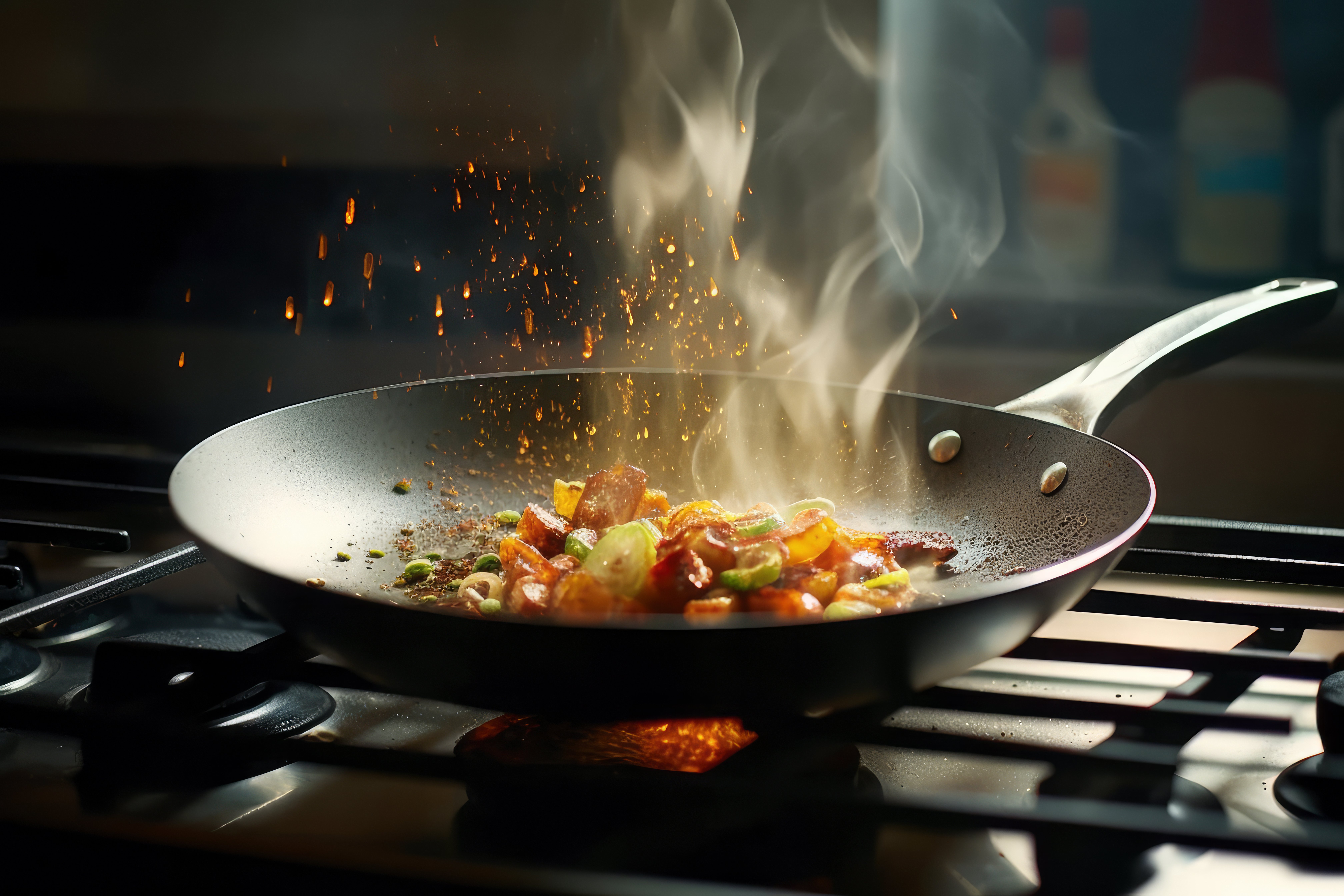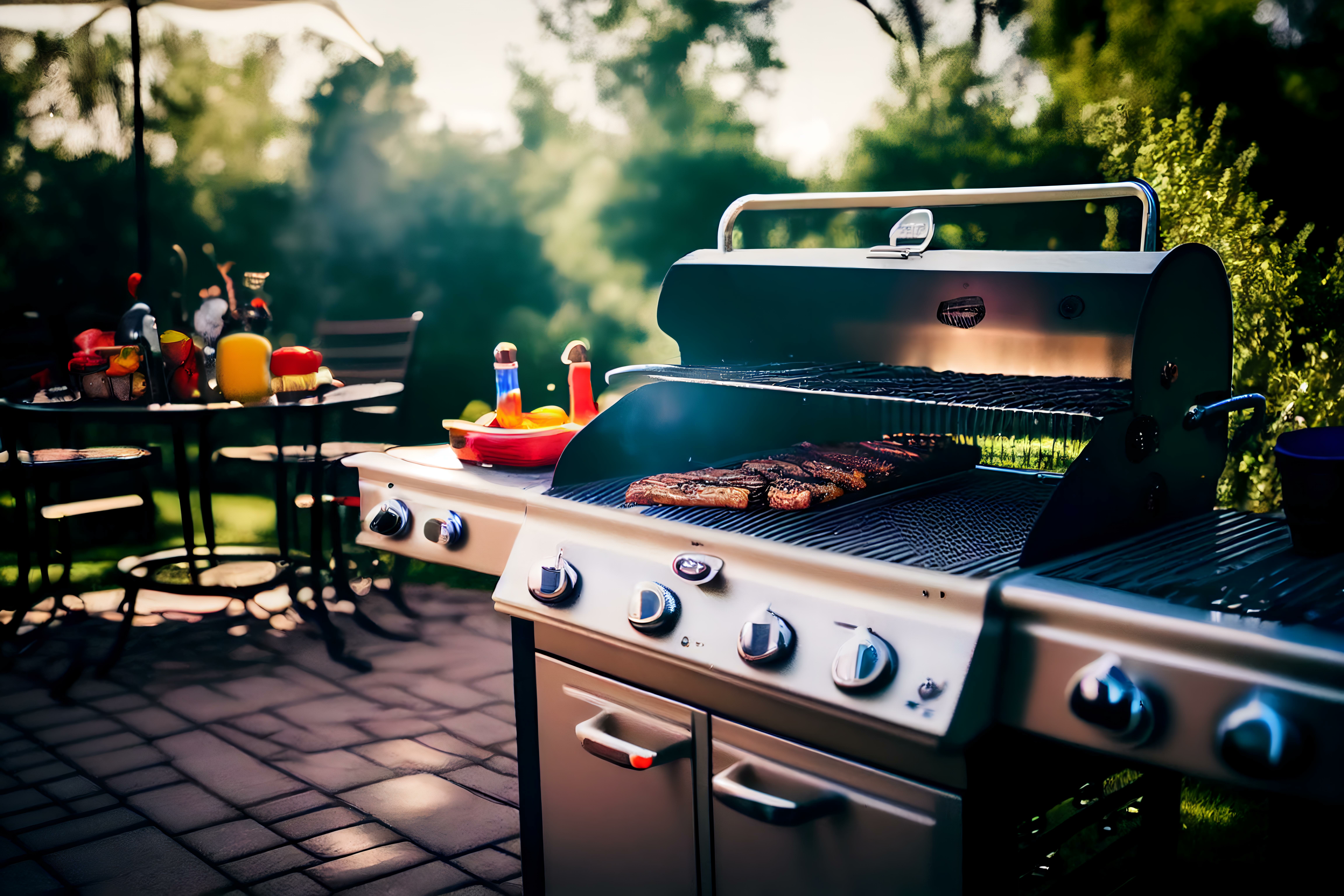Cooking and BBQ Safety

Cooking Safety
More fires begin in the kitchen than in any other room in the home. In fact, residential cooking is one of the leading causes of fire-related deaths. The majority of kitchen fires start with cooking equipment, primarily with stoves and microwave ovens.
| Cooking safety tips |
|
| Grease and pan fires |
|
For more cooking fire safety tips, visit NFPA.

Barbecue Safety
Another common cause of fires are barbecues. Please take the time to inspect your grill and ensure your safety. Before you begin, make sure your propane or natural gas barbecue is in safe, good working order.
| Barbecue safety tips |
|
| Inspecting your barbecue |
|
Contact Us
Our Customer Service Team is here to help!

